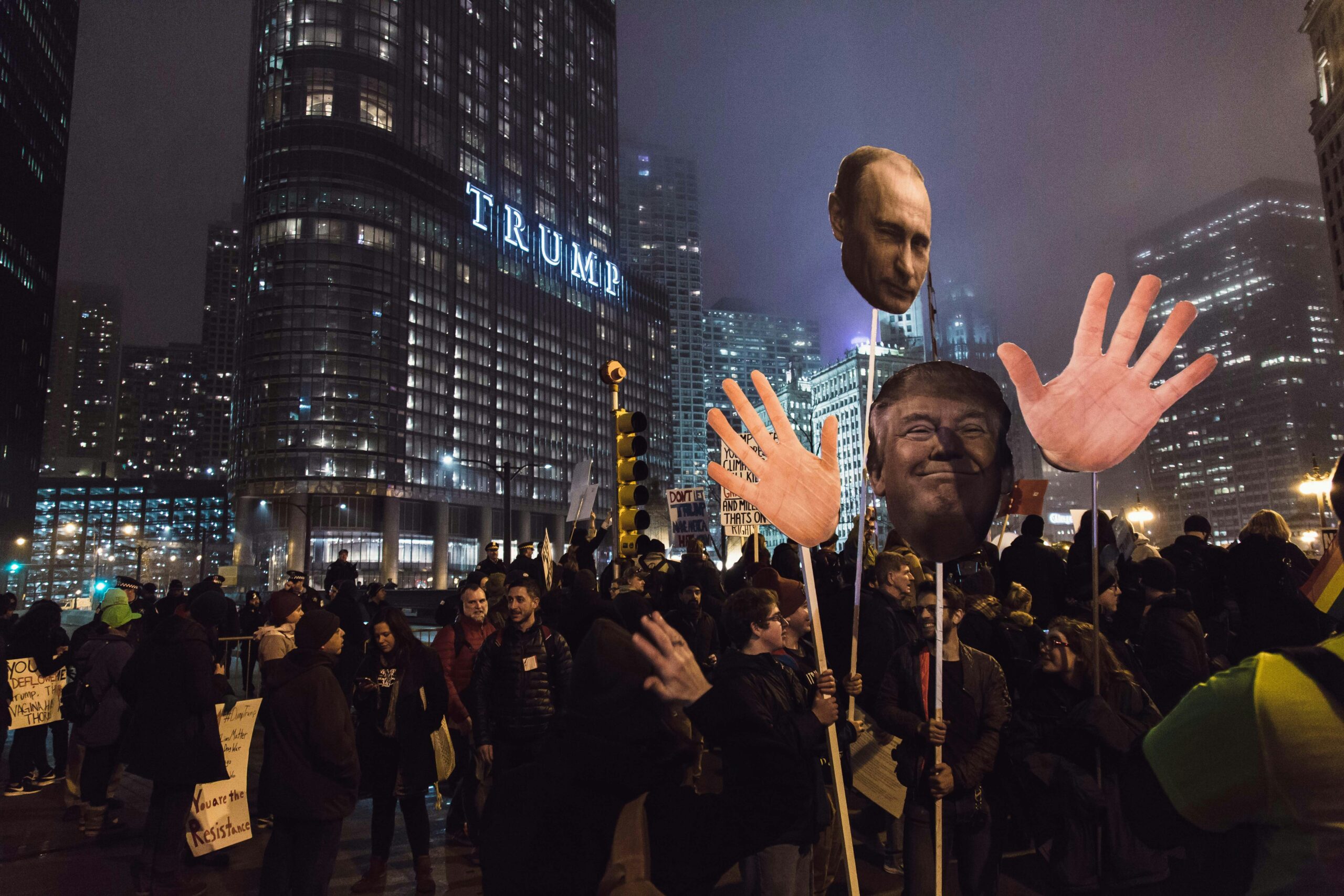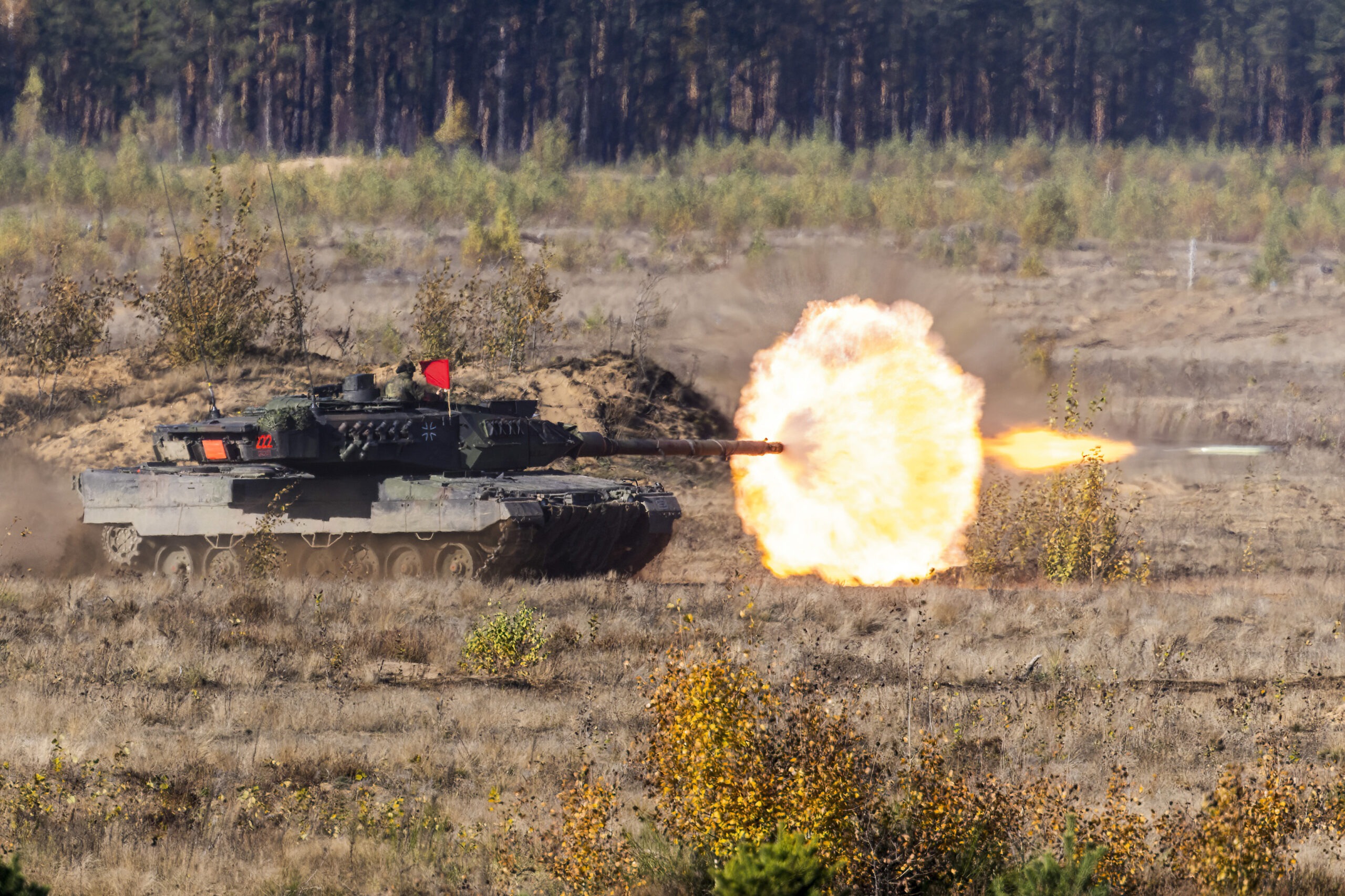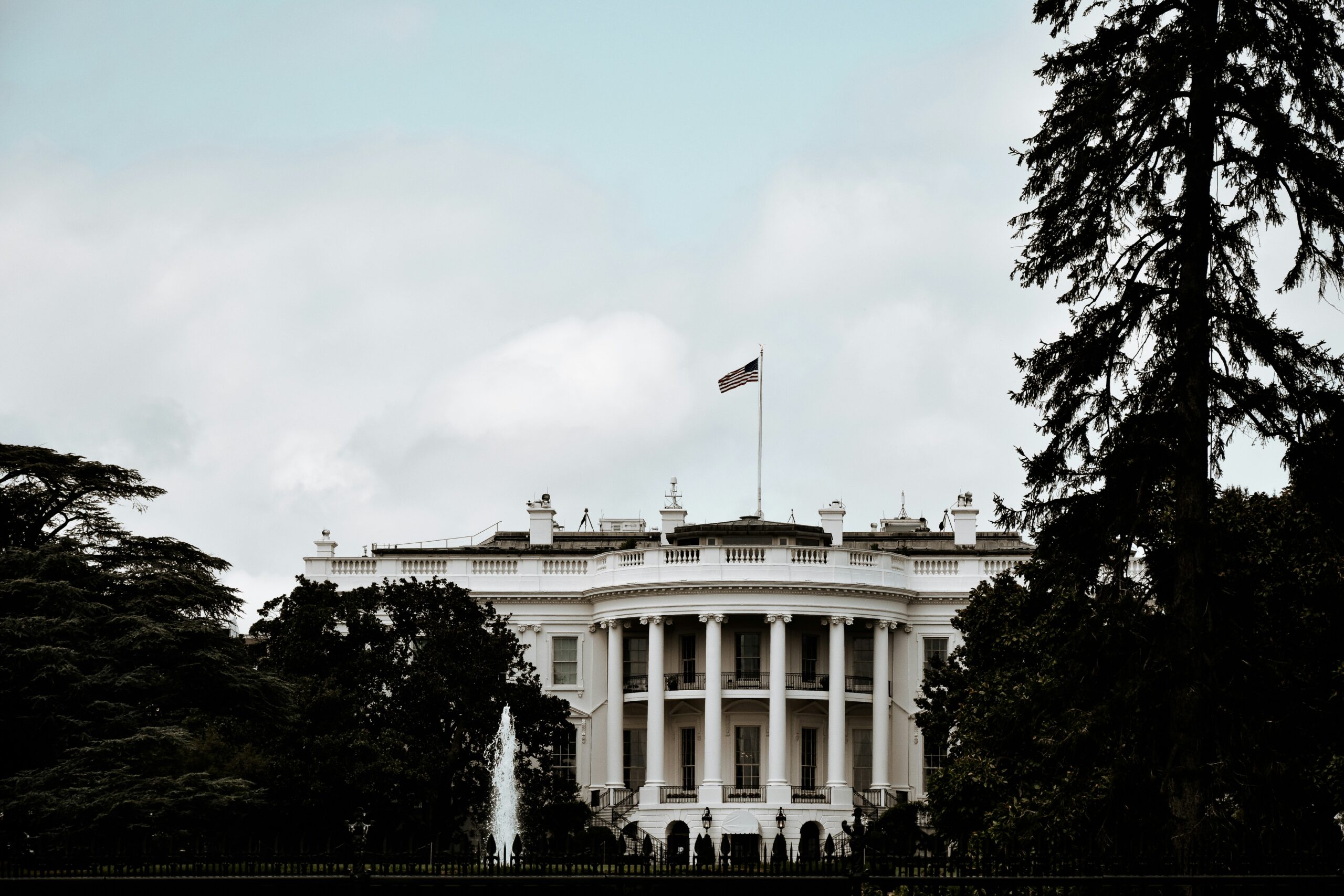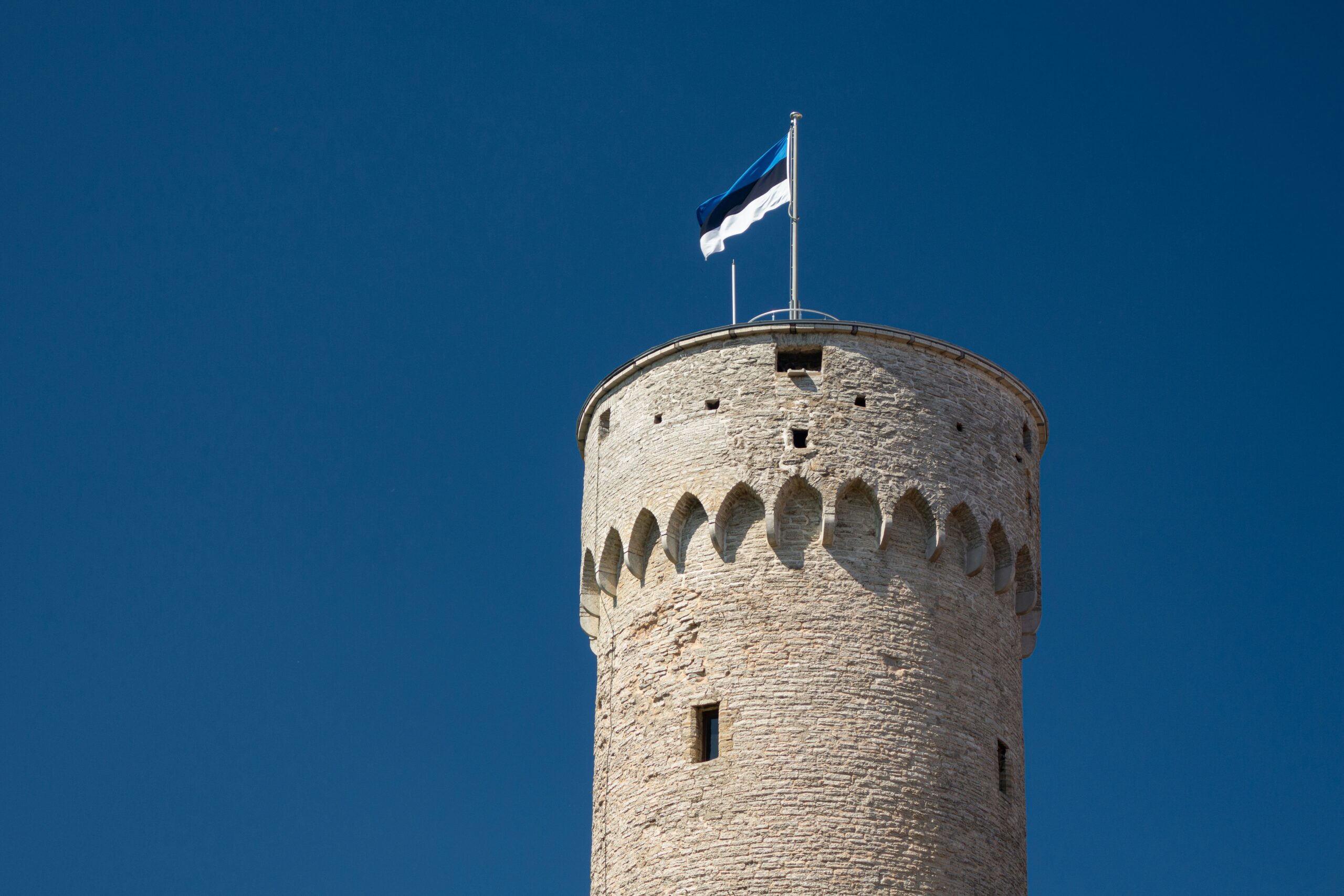Report
Estonia Weekly: Satirical “Olivier Salad Ban” Rumour Fuels Russophobia
Pro-Kremlin online voices in Estonia amplified both fabricated claims about cultural repression and criticism of long queues at the Narva border, framing these measures as evidence of “Russophobia.”
Weekly Reports
Latvia Weekly: Kremlin-Backed Disinformation Portrays Latvia as Aggressor
A narrative gaining significant traction in the Kremlin-aligned Telegram channel “Anti-fascists of Pribaltics” portrays Latvia as irrationally aggressive and fundamentally opposed to peace. This channel systematically ridicules Latvian officials, misrepresents NATO exercises as offensive preparations to delegitimize Baltic sovereignty and dismiss legitimate security concerns as paranoid and unfounded.
Read moreEstonia Weekly: Concerns about Domestic and Foreign Instability
Estonians are concerned about a phone call between Trump and Putin, citing potential concessions in favour of Russia and comparing it to the 1938 Munich Agreement. Meanwhile, pro-Kremlin commentators questioned the ability of Estonian politicians to govern the country amid external security threats and economic challenges, as Estonia’s ruling coalition collapsed over tax policy disagreements, causing political turmoil.
Read moreLithuania Weekly: Žemaitaitis’ Scandal Downplayed by Pro-Kremlin Media
Over the past week, Kremlin-aligned media in Lithuania focused on downplaying fears about Donald Trump’s stance on Ukraine, portraying him as a peace-seeking leader and dismissing criticism of his foreign policy as hypocrisy. At the same time, these outlets amplified narratives that Western governments exaggerate the Russian threat to serve the interests of the military-industrial complex, accusing Lithuania of fearmongering to justify increased defense spending. Meanwhile, while Lithuanian media erupted over the Remigijus Žemaitaitis scandal, pro-Kremlin sources largely ignored it or framed him as a victim of political persecution rather than a politician caught deceiving his supporters.
Read moreLithuania Weekly: Kremlin-Aligned Media Exploits Trump-Zelensky Tensions
Over the past week, Kremlin-aligned media in Lithuania has seized on tensions between Donald Trump and Volodymyr Zelensky, using their meeting to push narratives that Ukraine must abandon NATO aspirations and that the West is an unreliable ally. These outlets portrayed Zelensky as disrespectful and Trump as frustrated, claiming that Ukraine is to blame for prolonging the war. At the same time, war-related disinformation escalated, accusing Lithuania of fueling a “war machine” against Russia—a fear-mongering tactic aimed at weakening public support for Ukraine and reinforcing Kremlin narratives.
Read moreLatvia Weekly: Pro-Kremlin Disinformation Paints the Baltics as NATO Pawns
Pro-Kremlin Telegram channels systematically portray Baltic states as irrational “Russophobes” and Western puppets while threatening them with destruction. These channels employ historical revisionism, dehumanizing language, and claims of Western abandonment to undermine Baltic sovereignty and create divisions within NATO and the EU.
Read moreEstonia Weekly: Pro-Kremlin Commentators Condemn ‘ReArm Europe’ Initiative
Pro-Kremlin commentators criticize EU “ReArm Europe” initiative, arguing it could prolong Ukraine’s war and undermine US peace efforts. International Women’s Day (8 March) triggered some ideological debates about Soviet occupation legacy and pro-Kremlin sentiments.
Read moreLatvia Weekly: Pro-Kremlin Narratives Exploit Trump-Zelensky Rift
Pro-Kremlin Telegram channels mocked the security concerns of the Baltic States, particularly in the wake of the Trump-Zelensky spat, portraying them as laughable and irrelevant. They ridiculed figures like Estonian intelligence and Latvian professors, and suggested that criticizing Russia or the U.S. would lead to political suicide. Additionally, these channels propagated narratives claiming the U.S. was withdrawing support for Ukraine, further aligning it with Kremlin interests.
Read moreEstonia Weekly: Pro-Kremlin Narratives Mock Estonia’s Independence
Pro-Kremlin social media commentators mock Estonia’s dependence on external developments, posting sarcastic comments about the country’s foreign policy and praising the Trump administration’s negotiations with Russia.
Read moreLatvia Weekly: Russian Propaganda Exploits Baltic Fears and Trump Rhetoric
Kremlin-aligned outlets are amplifying fears of US withdrawal from the Baltics while leveraging Trump’s statements to reinforce Russian narratives. They threaten Baltic sovereignty through historical revisionism, portray Baltic states as Western colonies, and warn of dire consequences for supporting Ukraine. By combining veiled threats with selective amplification of Trump’s rhetoric, Russian propaganda outlets are working to undermine Baltic security and promoting idea of Russian strength and regional dominance.
Read moreShowing 109 to 117 of 334 results
Don’t miss a story.
We publish stories that change laws, lives, minds and the world. Subscribe to our newsletter to get our investigations delivered to your inbox.








